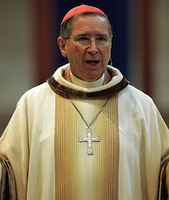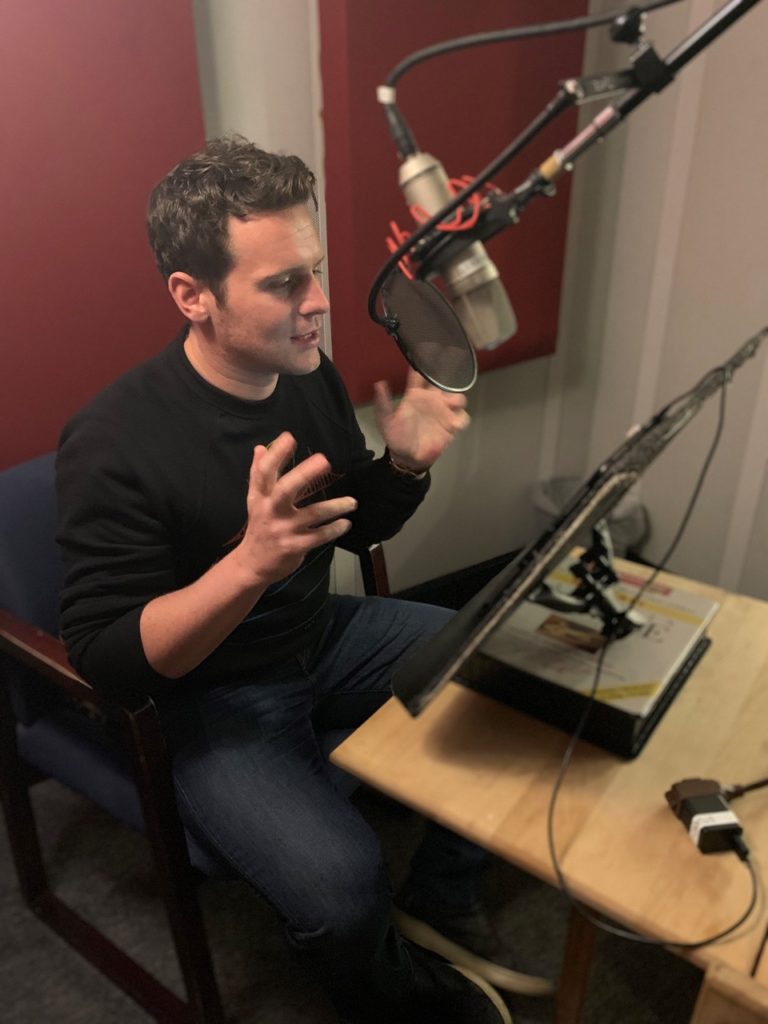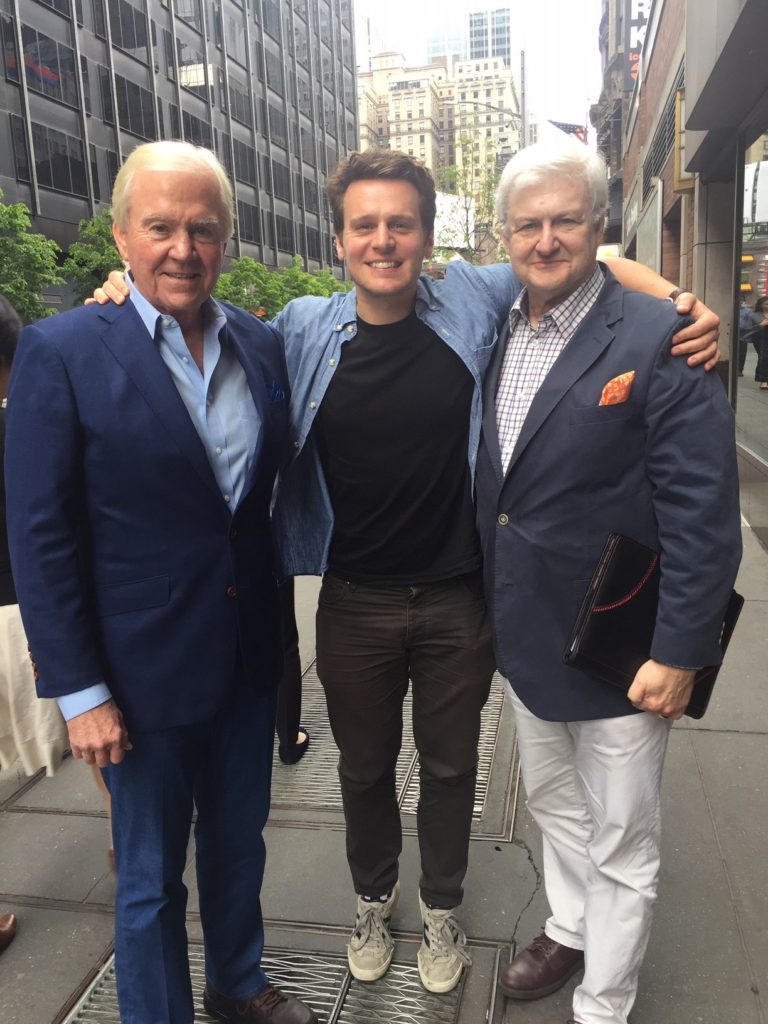
Cardinal Roger M. Mahony
In the wake of the unexpected resignation of Pope Benedict XVI, there has been much public discussion over whether Cardinal Roger M. Mahony, the former archbishop of Los Angeles, should be allowed to take part in the conclave in Rome that will select the next pope.
What, in the name of God, is the problem?
During his tenure as archbishop, it was revealed, Mahony protected priests known to be pedophiles and child molesters at the expense of their young victims.
In a January 27, 2013 editorial, The New York Times stated: “No member of the Roman Catholic hierarchy fought longer and more energetically than Cardinal Roger Mahony of Los Angeles to conceal the decades-long scandal involving the rape and intimidation of children by rogue priests. For years, the cardinal withheld seamy church records from parents, victims and the public, brandishing endless litigation and fatuous claims of confidentiality.”
Though his own actions and inactions were egregious by most civilized standards, Cardinal Mahony is far from the only potential papal elector who comes to the Sistine Chapel with less than clean hands. At least a dozen other cardinals have been caught up in the Catholic Church’s long and ongoing sex abuse scandal.
It is not for us to make ecclesiastical law and determine who should and should not be eligible to choose the new supreme leader of the worldwide church. But the vehement controversy over this issue brings up an even deeper matter upon which we feel completely qualified and justified to comment.
I think it all comes down to a matter of perspective.
On his own blog, Mahony wrote: “I can’t recall a time such as now when people tend to be so judgmental and even self-righteous, so quick to accuse, judge and condemn.
“We have ended up with a climate in which it’s the norm to instantly pass judgement on one another, taking in and repeating gossip, sharing someone else’s judgment as the truth, no regard for other people who may be harmed. Whatever happened to the norm of giving others the benefit of a doubt until hard evidence proves otherwise?”
Now, there is a wealth of material here for comment regarding the proverbial pot calling the kettle black. Since when have high church officials not passed judgment on the rest of us? And as far as “no regard for other people who may be harmed . . .” Well, as the lawyers say, res ipsa loquitur – “the thing speaks for itself.”
But giving the cardinal every benefit of the doubt in terms of self-righteousness, and being judgmental, accusing and condemning, I think one of the basic issues with the entire sorry church child abuse scandal is this matter of perspective.
From an ecclesiastical point of view, to which Cardinal Mahony presumably subscribes, what each of these pedophile priests did was commit a sin. The proper response is penance, atonement, and a striving to do better and be a better person in the future. This process leads to individual salvation, a subset of divine grace and justice.
From this perspective and within its own context, reassigning offending priests to other parishes and keeping their misdeeds quiet makes sense.
But from a legal point of view, to which John Douglas and I and others like us subscribe, what each of these pedophile priests did was commit a crime. The proper response is arrest, conviction and prison time. This process leads to protection of future potential victims.
Sin is a personal matter between a man and his God that can be attended to on a personal basis. Crime is an act against not only an individual but, by reflection, the state, and therefore it becomes a public matter. Clerics embrace the concept of redemption. Law enforcers understand the concept of recidivism.
Rehabilitation, our approximation of salvation, is a nice concept and we all hope it works in individual cases. But we don’t count on it and it is no substitute for punishment and removing dangerous people from society. That is the best way we can serve earthly justice.
Are religion and criminal justice therefore incompatible? No, I don’t think so. Many, if not most of the men and women we know in law enforcement have deep and abiding faith.
But if there ever is a conflict between the two perspectives, as there seems to have been for Cardinal Mahony and so many of his colleagues in the church, the moral test comes when we see which of the two perspectives is given greater weight and urgency.
Can there be any cause, calling, social good or moral tenet, in heaven or on earth, that can outweigh the welfare of children?


























